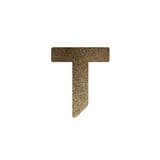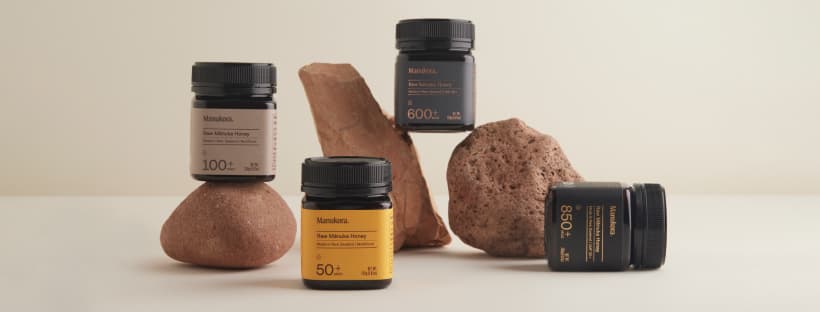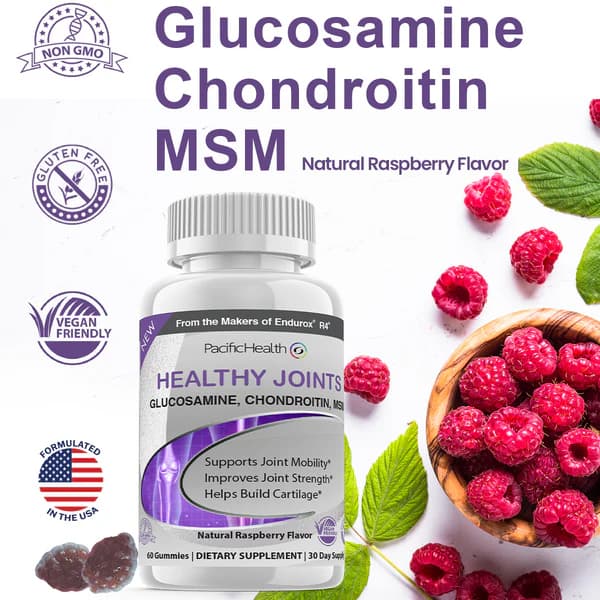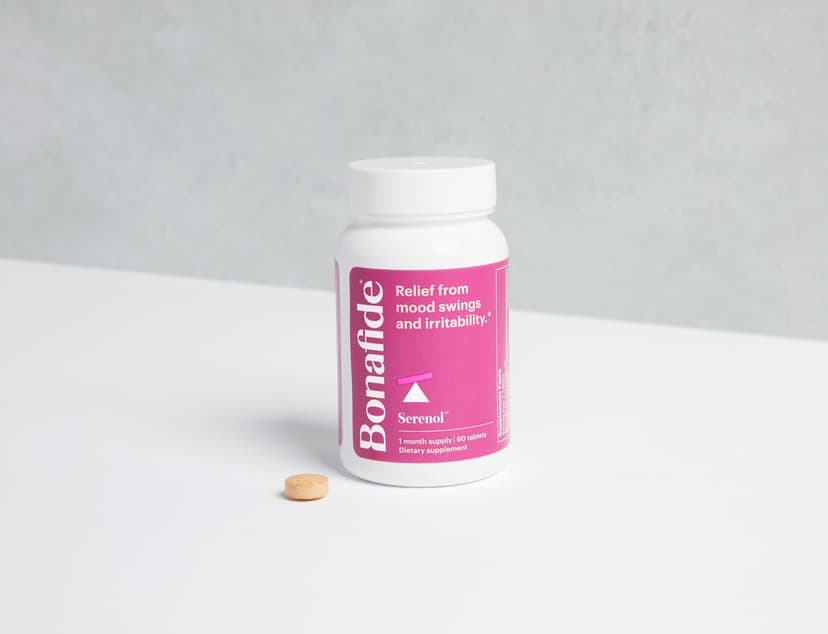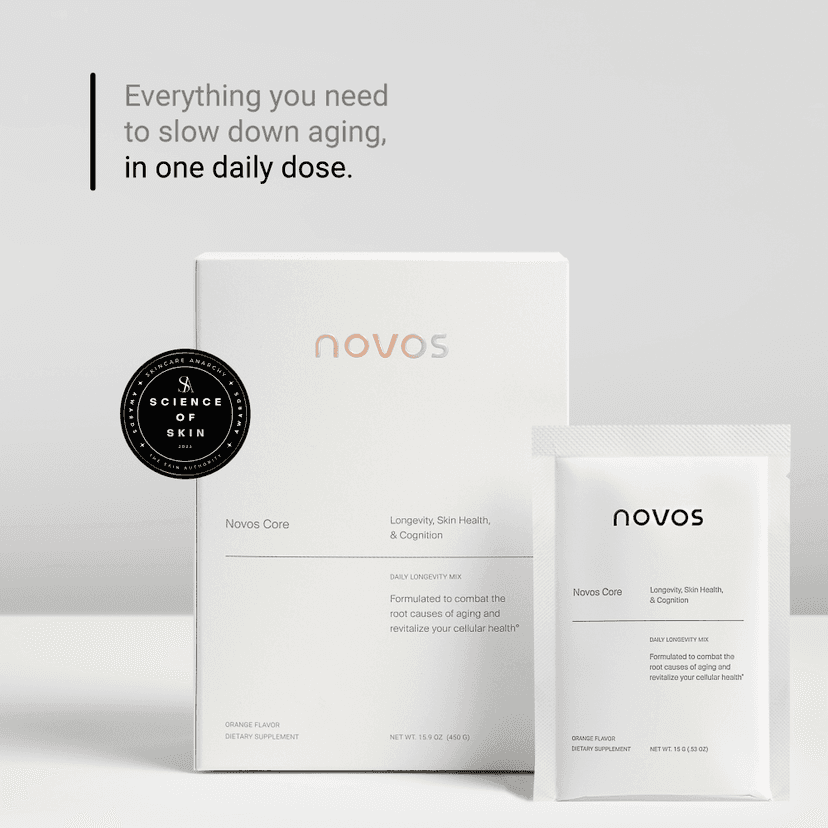Maintaining strong bones is crucial for overall health, and vitamins D3 and K2 play a vital role in this process. These two nutrients work together to enhance calcium absorption and ensure that calcium is effectively utilized in the body. In this article, we will explore how to maximize bone health through the use of these essential supplements, highlighting their benefits and providing guidance on how to choose the right products.
Key Takeaways
- Vitamin D3 helps your body absorb calcium, which is essential for strong bones.
- Vitamin K2 works alongside D3 to direct calcium to your bones, preventing it from building up in the wrong places.
- Combining D3 and K2 can improve bone density and support heart health.
- Choosing the right calcium supplement with D3 and K2 is important for getting the best results.
- Consulting a healthcare professional is key to determining the right supplements for your needs.
The Role of Vitamin D3 in Bone Health
Vitamin D3 is crucial for maintaining strong bones. It helps your body absorb calcium, which is essential for bone strength. Without enough vitamin D3, your bones can become weak and brittle.
How Vitamin D3 Aids Calcium Absorption
- Calcium Regulation: Vitamin D3 helps regulate calcium levels in the blood, ensuring that bones receive the calcium they need.
- Bone Remodeling: It plays a role in the process of bone remodeling, where old bone is replaced with new bone.
- Prevention of Deficiency: Adequate vitamin D3 levels can help prevent conditions like osteoporosis.
Sources of Vitamin D3
You can get vitamin D3 from:
- Sunlight: Your skin produces vitamin D3 when exposed to sunlight.
- Food: Fatty fish, fortified dairy products, and egg yolks are good sources.
- Supplements: Many people take vitamin D3 supplements, especially in winter or if they spend a lot of time indoors.
Recommended Daily Intake of Vitamin D3
The recommended daily intake varies:
| Age Group | Recommended Intake (IU) |
|---|---|
| Children and Adults (1-70) | 600 IU |
| Adults (71 and older) | 800 IU |
| Pregnant/Breastfeeding Women | 800 IU |
Vitamin D3 is essential for bone health. Ensuring you get enough can help maintain strong bones and prevent fractures.
The Importance of Vitamin K2 for Strong Bones
How Vitamin K2 Works with Calcium
Vitamin K2 plays a crucial role in bone health by helping to direct calcium to the bones where it is needed most. This ensures that calcium is not just floating around in the bloodstream but is actually being used to strengthen bones. Without enough Vitamin K2, calcium can end up in the wrong places, like arteries, which can be harmful.
Dietary Sources of Vitamin K2
To maintain healthy levels of Vitamin K2, consider including these foods in your diet:
- Natto (fermented soybeans)
- Egg yolks
- Cheese (especially hard cheeses)
- Chicken and beef liver
- Fermented foods like sauerkraut
Potential Risks of Vitamin K2 Deficiency
A lack of Vitamin K2 can lead to several health issues, including:
- Weaker bones, increasing the risk of fractures.
- Higher chances of calcium buildup in arteries, which can affect heart health.
- Potential for osteoporosis, especially in older adults.
Ensuring you get enough Vitamin K2 is essential for not just bone health but also overall well-being. A balanced diet rich in this vitamin can help prevent serious health issues.
Synergistic Effects of Combining Vitamin D3 and K2
Enhanced Calcium Utilization
Combining Vitamin D3 and K2 is essential for effective calcium management in the body. Vitamin D3 helps your body absorb calcium, while Vitamin K2 directs calcium to the bones where it is needed most. This teamwork ensures that calcium is not wasted or deposited in the wrong places, like arteries.
Benefits for Bone Density
The combination of these vitamins can lead to stronger bones. Here are some key benefits:
- Improved bone density: Helps in building a stronger skeleton.
- Reduced risk of fractures: Stronger bones are less likely to break.
- Support for overall bone health: Keeps bones nourished and healthy.
Impact on Heart Health
Using Vitamin D3 and K2 together can also benefit your heart. Here’s how:
- Prevents calcium buildup in arteries: This helps maintain healthy blood flow.
- Supports blood circulation: Ensures that your heart functions well.
- Reduces risk of heart disease: By managing calcium levels, it protects against conditions like arterial hardening.
Combining Vitamin D3 and K2 is not just about bone health; it’s also about keeping your heart safe and strong.
Choosing the Right Calcium Supplements with D3 and K2
When it comes to maintaining strong bones, selecting the right calcium supplements that include Vitamin D3 and K2 is essential. These vitamins work together to ensure that calcium is effectively absorbed and utilized by the body. Here’s what to consider:
Types of Calcium Supplements
- Calcium Carbonate: This is the most common form and is best taken with food for better absorption.
- Calcium Citrate: Easier to digest and can be taken on an empty stomach.
- Calcium Hydroxyapatite: A natural form of calcium that is derived from bone and may be more effective for some people.
Optimal Dosages for Bone Health
| Vitamin | Recommended Daily Intake |
|---|---|
| Vitamin D3 | 600-800 IU (International Units) |
| Vitamin K2 | 90-120 mcg (micrograms) |
| Calcium | 1000-1200 mg (milligrams) |
Factors to Consider When Selecting Supplements
- Quality of Ingredients: Look for supplements that are free from artificial additives and fillers.
- Bioavailability: Choose forms of calcium that are easily absorbed by the body.
- Third-Party Testing: Opt for brands that have been tested by independent organizations for quality and potency.
Choosing the right supplements can significantly impact your bone health. Always consult with a healthcare provider to tailor your supplement needs to your individual health conditions.
Potential Side Effects and Risks of Over-Supplementation
Risks of Excessive Calcium Intake
Taking too much calcium from supplements can lead to several health issues. Excessive calcium can cause problems like kidney stones and digestive issues. Here are some potential side effects:
- Constipation
- Nausea
- Increased risk of kidney stones
Possible Interactions with Medications
Calcium supplements can interact with certain medications, which may lead to complications. It's important to consult with a healthcare provider if you are taking:
- Blood thinners
- Certain antibiotics
- Medications for high blood pressure
Monitoring and Managing Supplement Intake
To avoid the risks associated with over-supplementation, consider the following:
- Consult a healthcare provider before starting any new supplements.
- Keep track of your total calcium intake from both food and supplements.
- Aim to meet your calcium needs primarily through a balanced diet.
It’s crucial to remember that while supplements can help, they should not replace a healthy diet. Always prioritize getting nutrients from food sources when possible.
Who Can Benefit from Calcium Supplements with D3 and K2
Individuals with Limited Sun Exposure
People who do not get enough sunlight may struggle to produce enough Vitamin D3. This can lead to weaker bones. Taking supplements can help fill this gap.
Older Adults and Bone Health
As we age, our bones can become weaker. Older adults often need more calcium and Vitamin D3 to maintain bone strength. Regular supplementation can support their bone health.
People with Dietary Restrictions
Those who follow strict diets, like vegans or vegetarians, may not get enough Vitamin K2 from food. Supplements can provide the necessary nutrients to keep bones strong.
It's important to consult a healthcare provider before starting any new supplement regimen.
Summary of Benefits
| Group | Benefits of Supplements |
|---|---|
| Individuals with Limited Sun | Increased Vitamin D3 levels |
| Older Adults | Enhanced bone density and strength |
| People with Dietary Restrictions | Sufficient intake of Vitamin K2 |
Conclusion
In summary, taking Vitamin D3 and K2 supplements can greatly help in keeping your bones strong and healthy. Vitamin D3 helps your body absorb calcium, which is crucial for bone strength. Meanwhile, Vitamin K2 ensures that this calcium goes to your bones instead of your arteries, where it could cause problems. Together, these vitamins work as a powerful team to support not just your bones, but also your heart health. If you think you might need these vitamins, it’s a good idea to talk to your doctor. They can help you decide if supplements are right for you and how much you should take. Remember, a balanced diet and a healthy lifestyle are also important for maintaining good bone health.
Frequently Asked Questions
What is the role of Vitamin D3 in bone health?
Vitamin D3 helps your body absorb calcium, which is important for keeping bones strong.
How can I get enough Vitamin D3?
You can get Vitamin D3 from sunlight, certain foods like fatty fish, and supplements.
Why is Vitamin K2 important for my bones?
Vitamin K2 helps direct calcium to your bones and keeps it from building up in your arteries.
What foods are high in Vitamin K2?
Foods like egg yolks, cheese, and fermented foods like natto are good sources of Vitamin K2.
Are there risks if I take too much calcium?
Yes, taking too much calcium can lead to health problems like kidney stones and heart issues.
Who should consider taking Vitamin D3 and K2 supplements?
People with limited sun exposure, older adults, and those with certain dietary restrictions may benefit from these supplements.

